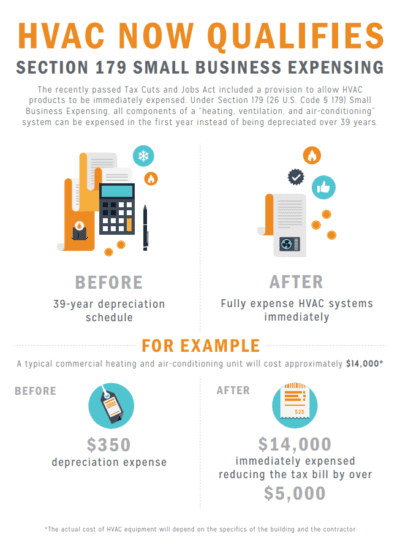Heatpump Vs Furnace - Which Is The Better Heating Alternative For Your Home?
Heatpump Vs Furnace - Which Is The Better Heating Alternative For Your Home?
Blog Article
Material By-Rosenthal Reese
Lots of house owners recognize with furnaces, which warmth homes with oil or natural gas and push hot air via ductwork. They are reasonably economical and can supply trustworthy heating even throughout a wintertime power blackout.
Nevertheless, they make use of fossil fuels and produce carbon monoxide and other air pollution. They also aren't as energy-efficient as a high-efficiency heatpump.
Price
Normally, heatpump are a lot more budget-friendly to run than furnaces. They generally make use of electricity and cooling agent to remove warmth from outside air, and afterwards transfer it into your home. You can make use of less costly electrical power prices throughout off-peak hours to better decrease your heating expenses.
Unlike heatpump, gas or wood-burning heaters utilize combustion to create warmth, sending out flue gases into the atmosphere that can be hazardous to your wellness. These heating systems are likewise much less energy-efficient than heatpump, and their greater operating expense can build up with time.
Heaters are more complex than heat pumps and need routine maintenance to guarantee the appropriate function of all parts. In spite of this, they have a tendency to last longer than heat pumps with a common life expectancy of twenty years or more. Nonetheless, you'll need to factor in the expense of gas, gas oil or timber and the additional tools needed for installment and operation such as air ducts and air flow systems.
Power Effectiveness
Heatpump have a greater energy performance score than heating systems. These systems make use of power to feed on heat from the air, even in freezing temperature levels. They can additionally remove excess heat from the home during warmer months and recycle it to cool the system. Service provider experts can assist you determine the best version for your online on environment and source energy prices.
Heaters shed fuel oil, lp, gas or other types of fossil fuel to heat the air in the home. This air is then distributed through ductwork utilizing a large fan. Furnaces produce greenhouse gases and call for routine maintenance and tools upgrades to make sure secure procedure.
The largest advantage of a heating system is that it can be run also in rough winter months conditions due to the fact that it does not depend on outdoor temperature levels to warm the air. Heating systems additionally have a longer life-span than heatpump and typically last 15 years. They can additionally be paired with dual gas choices, which choose the most efficient home heating choice based upon the weather condition.
Climate
Heatpump function well in modest climates and use less source power than heating systems. However, if your area is incredibly cold, you might require to invest in a common gas furnace rather.
Heating systems provide warm, relaxing warmth and commonly offer quick home heating to elevate indoor temperature levels. These systems can be used with a selection of gas kinds, including natural gas, gas, oil or electricity.
They take in a lot more power than heat pumps-- up to 3x as much-- and need ductwork that's expensive to mount or retrofit. They're likewise more costly to maintain, as they can create air high quality problems and generate greenhouse gas exhausts.
If you're dedicated to reducing your carbon impact, a heatpump is an excellent choice for your home. They have less greenhouse gas discharges than heaters, specifically if you pick an ENERGY STAR ® heatpump. Your regional Provider specialist can explain the differences between these two heating systems and assist you make the most effective choice for your special demands.
Individual Preferences
Furnaces can be very power reliable when powered by natural gas, lp or oil, but they aren't as power reliable as heatpump in icy climates. They can likewise be extra pricey to install, calling for gas lines and ventilation systems.
Nevertheless, heating systems tend to call for less maintenance, which can cause reduced ongoing expenses. They produce fewer greenhouse gases and are a lot more trustworthy than heatpump during severe climate.
Electric heat pumps are extra versatile in producing interior comfort due to the fact that they can additionally act as air conditioning unit throughout warmer months. relevant web site can be more convenient to maintain, requiring just routine air filter adjustments and periodic vacuuming.
If you choose the comfort of a single system that does it all, take into consideration a crossbreed heating option that sets a heater with an electric heatpump. These systems can automatically switch over between the two home heating choices based upon your home's demands and temperature level conditions, maximizing performance and financial savings.